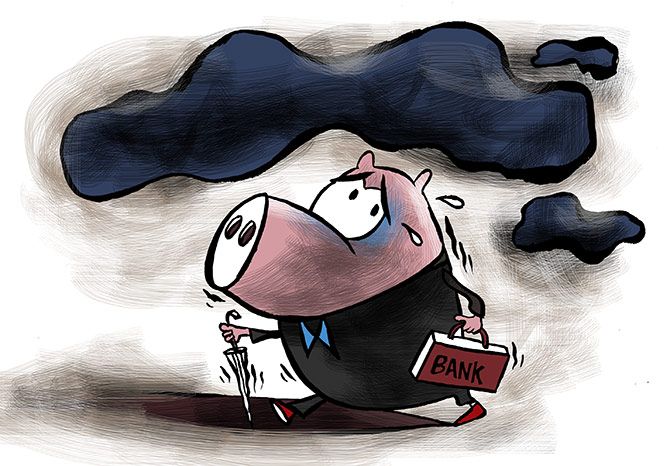So far, no such report has been made public given that banks as well as the central government have challenged the ruling, in various ways.

The country’s top lenders have, once again, moved Supreme Court against attempts to make their sensitive inspection reports public under the Right to Information Act.
These inspections are conducted by the Reserve Bank of India (RBI), and even bank employees, except the top management, were never allowed to see it.
However, a 2015 ruling by the Supreme Court directing the RBI to make the reports available under the RTI Act changed everything.
So far, no such report has been made public given that banks as well as the central government have challenged the ruling, in various ways.
State Bank of India, HDFC Bank, Kotak Mahindra Bank, and IDFC Bank have filed a petition against the notice, in a last-ditch attempt by the banking system to keep the information confidential.
The notice was given to the lenders under Section 11(1) of the RTI Act, seeking third-party disclosure requirements.
While the apex court’s original directive in 2015 applied to the full report, it was subsequently agreed that not the entire report but only relevant portions, such as those on bad debts and borrowers, would be made public.
Nevertheless, even such information could disclose much information about borrowers, which violates various client confidentiality clauses of banks, the lenders have argued.
In April this year, the Supreme Court had dismissed one such attempt by the central government and 10 banks.
In early July, the court had again turned down a plea by Punjab National Bank against such a request.
In its 2015 ruling, the SC had chastised the RBI for trying to keep inspection reports confidential.
“The RBI has no legal duty to maximise the benefit of any public or private sector bank, and thus there is no relationship of ‘trust’ between them.
"The RBI has a statutory duty to uphold the interest of depositors, the public at large, the country’s economy, and the banking sector,” the Supreme Court had ruled.
In April this year, the apex court refused to revoke its order as there was no such provision.
“The RBI has to act with transparency and not hide information that might embarrass banks.
"It is duty-bound to comply with provisions of the Act and disclose the information sought,” the SC had ruled on April 21.
In its latest filing, SBI argued that banks were driven by the “trust and faith” of their clients, which should not be made public.
Private banks, led by HDFC Bank, have argued that the RTI Act is applicable to government departments, and the Act doesn’t apply to private lenders.












 © 2025
© 2025